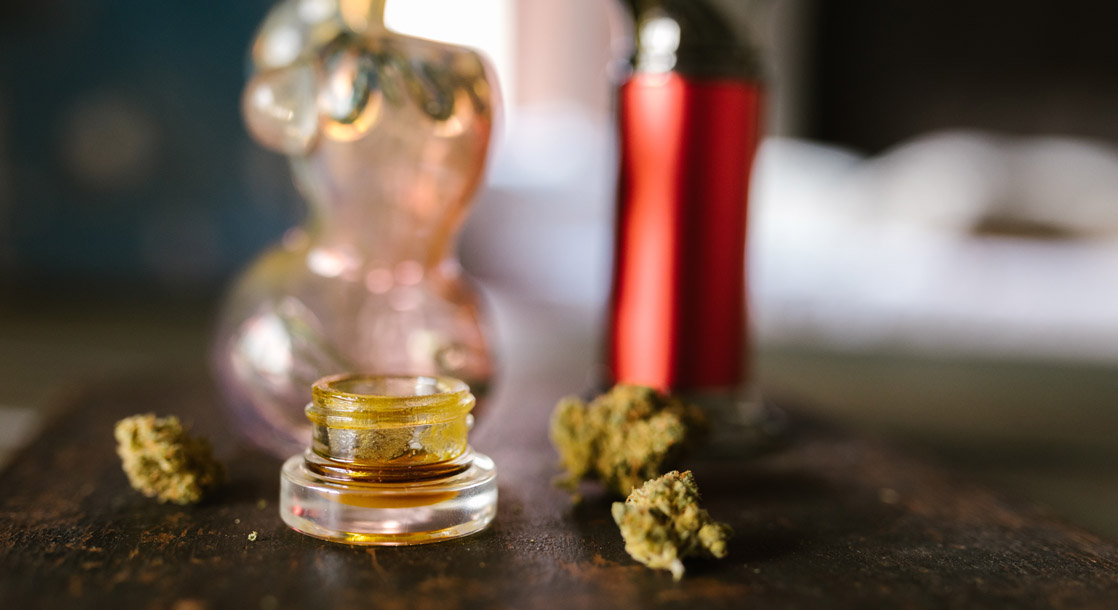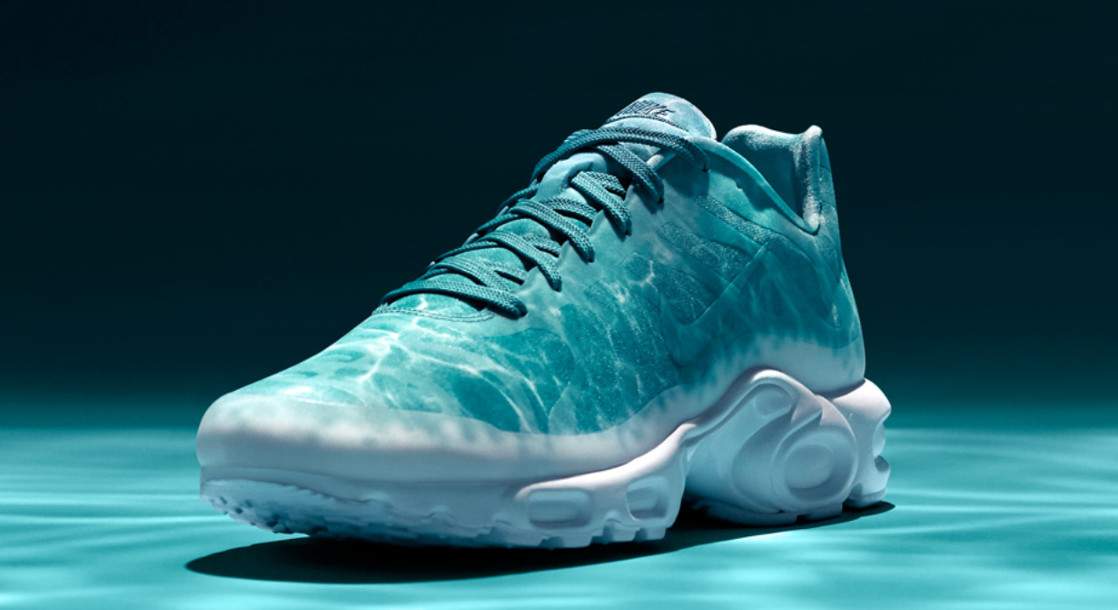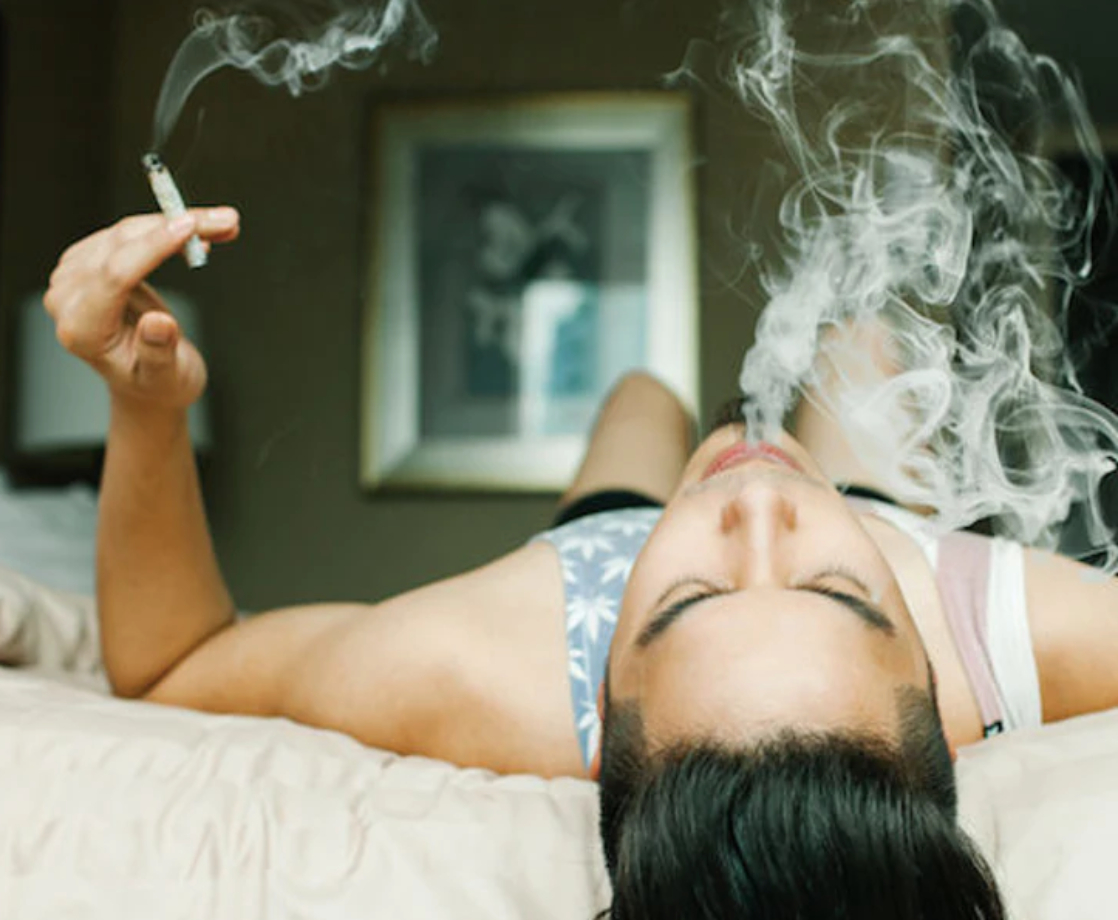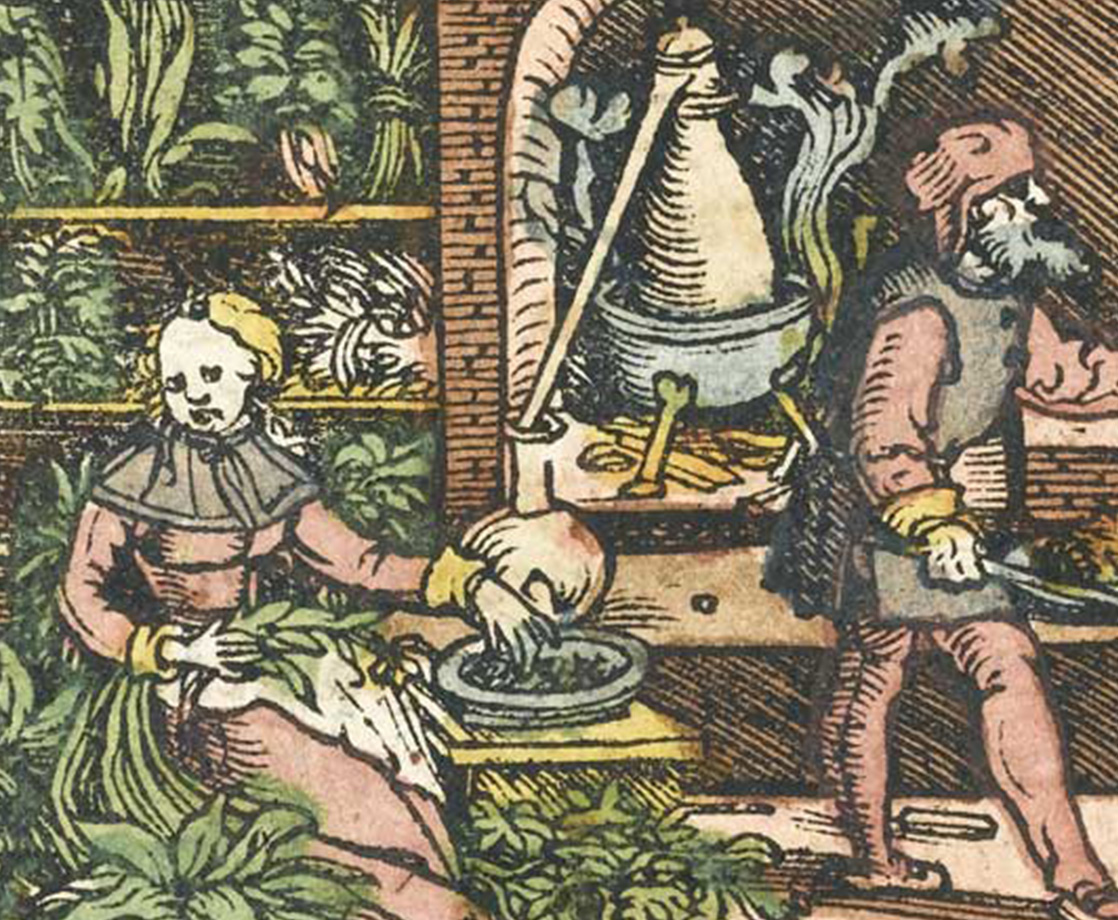Six months after banning CBD and other hemp-derived cannabinoids, Minnesota is gearing up to legalize and regulate the legal sale of these products.
The new bill, which was approved by the state legislature late last weekend, would allow licensed hemp businesses to produce and sell products containing cannabinoids extracted from federally legal hemp plants. The new regulations would legalize the sale of CBD-infused products and even psychoactive products containing delta-8 and delta-9 THC, but with limits.
Minnesota legalized hemp in 2019, shortly after the federal government passed the 2018 Farm Bill. Since then, a thriving hemp industry has sprung up in the state, producing and selling a wide variety of CBD oils, drinks, and other products. Infused CBD products are technically illegal under federal law, however, because the US Food and Drug Administration hasn’t gotten around to regulating them.
Last December, state health officials suddenly decided to bring the state’s hemp laws in line with federal regulations, and banned all consumable products containing hemp cannabinoids. The new regulations block the sale of CBD tinctures, foods, drinks, and every other hemp-infused product except for raw hemp flower and topical CBD lotions.
Hemp industry stakeholders immediately began lobbying lawmakers for help, warning that these new rules would serve as a death sentence for their industry. Legislators took heed and passed this new bill, which would officially allow businesses to produce and sell CBD-infused foods, beverages, topicals, and other products.
“It’s a big win for the industry, and I believe we’re doing it in a responsible way,” said Steven Brown, founder of the Minnesota Cannabis Association, to the Star Tribune.
The new bill also establishes regulations for psychoactive hemp-derived cannabinoids like delta-8 THC. The US Farm Bill bans all hemp plants and products that contain more than 0.3% delta-9 THC, the psychoactive compound commonly found in marijuana. This specific wording creates a loophole allowing companies to create delta-8 and other psychoactive isomers of THC from legal hemp, though, and the legality of these products has been upheld in federal court.
Most states continue to ban delta-8 THC and related isomers, despite their federal legality, because these products are completely unregulated. Minnesota’s new bill would buck this trend by legalizing products that contain hemp-derived delta-8 and even delta-9 THC while establishing a strict set of regulations on their sale.
For one, psychoactive hemp products would only be available to adults aged 21 or older. The bill also extends the federal 0.3% THC limit to all forms of THC, not just delta-9. These rules would prohibit the sale of products that contain high concentrations of delta-8 THC, including most popular vape products. All infused foods and drinks would also be capped at a maximum of 5mg of THC per serving and 50mg per package.
The bill would also solve the issue of unregulated, potentially-dangerous products by setting up safety regulations for the industry. All hemp products would need to be regularly tested for the presence of mold, heavy metals, pesticides, and other contaminants. Edibles would need to be sold in childproof tamper-evident packages with clearly defined serving sizes. The bill also bans hemp companies from creating knockoff products that copy the logos or branding of popular children’s candies, like Nerds Rope or Skittles.
Cannabis industry attorney Susan Burns told the Star Tribune that the new bill is “really good for retailers, because it provides [legal] certainty, and also for consumers, because you have safety mechanisms in place.”
If Governor Tim Walz (D) signs the bill into law, it will take effect on Aug. 1.











